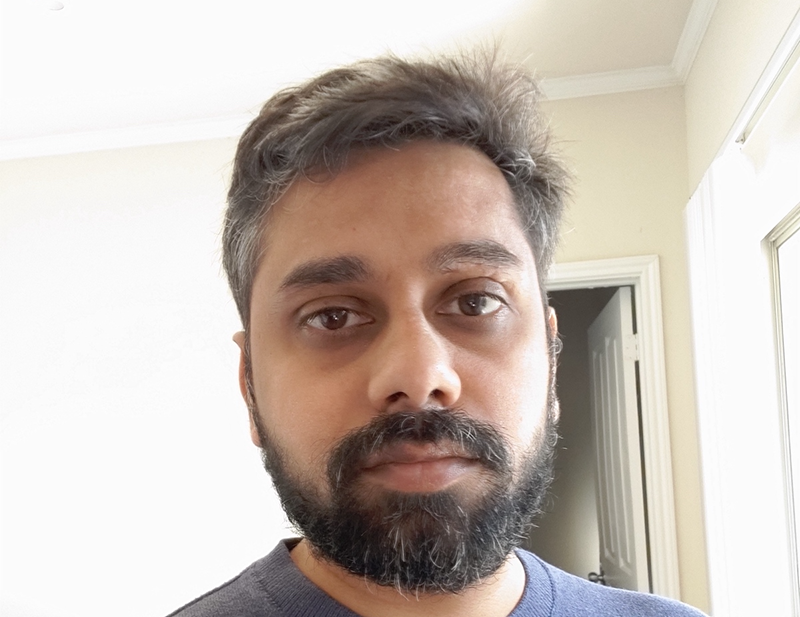
websitehttps://prashjha.github.io/
emailPrashant.Jha@austin.utexas.edu
phone (225) 249-9456
office POB 6.252
Research Associate Center for Computational Oncology
Prashant is working as a Research Associate at the Oden Institute for Computational Engineering and Sciences at the University of Texas at Austin. He received Ph.D. from Carnegie Mellon University in August 2016.He then worked as a Postdoctoral Scholar at the Department of Mathematics, Louisiana State University. In August 2019, Prashant moved to the Oden Institute for Computational Engineering and Sciences to work with Dr. J. Tinsley Oden as a postdoctoral scholar. At UT Austin, he is involved in projects related to the modeling of tumor growth and block-copolymers.
Prashant's current work includes the development of models of tumor growth and recovery of model parameters form the imaging data. Of particular interest is the angiogenesis in the tumor growth where new blood vessels are formed (and destroyed) in response to various signals from the nutrient-starved tumor cells. The model in development consists of a 1D network of blood vessels embedded in the tissue domain. This work is done in collaboration with researchers at the Technical University of Munich. He recently received a grant to work on the development of PDE based model for HP MRI signal recovery. The work on HP MRI is done in collaboration with researchers at the MD Anderson Cancer Center.
Another subject of interest is the application of peridynamics to fracture in solids and granular media. He and the researchers he works with are interested in establishing a link between the peridynamics and classical theory of fracture mechanics. The work in the past has been on showing well-posedness of the peridynamics theory for a special class of model and apriori error estimates for finite difference/finite element discretization.
Currently, the work is on the development of a hybrid model based on peridynamics and DEM for granular media. There are many applications where particle damage and fracture can have a great effect on the outcome of the simulation. The model in development will be able to account for the intra-particle deformation more accurately.
Also developed by the group is an open-source C++ code based on the HPX library for peridynamics. Towards the development of a massively parallel library for peridynamics, a projec was proposed in Google Summer of Code 2020 which was selected as one of the many projects sponsored by google.